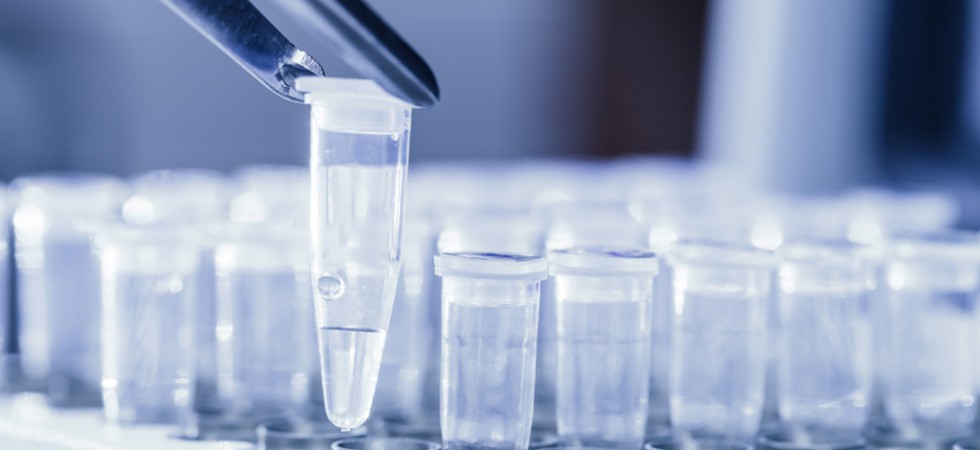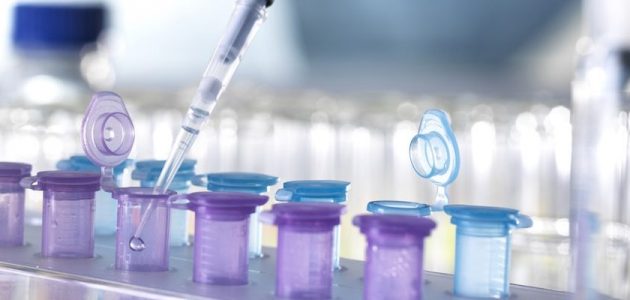Once you have decided to undergo a paternity test, then you may come up with queries about how’s, where’s and when’s of the process. The main concern that people have is that would the process be painful for the child. There are many processes to get a good amount of DNA, but many fear it to be a blood sample test. Luckily, almost every DNA testing doesn’t need a blood sample, prenatal testing being the exception. We have listed some of the most commonly used ways of gathering DNA samples with pros and cons of each. Read on.
Saliva samples
Pros:
- Samples can be easily gathered and painlessly with zero need of needles.
- It is quite easy to collect a good amount of DNA with a small sample.
Cons:
- It is hard to collect saliva samples from a young child or a newborn.
- These samples are easily prone to contaminate quickly.
- The equipment required to collect the saliva sample is an important expense that would affect the overall costs of a test.
- It would need a special receptacle that would encompass a liquid preparation to keep the DNA sample safe.

Blood samples
When it is necessary:
- When it comes to prenatal paternity testing, you need a blood sample drawn from the mother of the fetus as we need to have access to the baby’s cells found in the mother’s blood. The fetal cells give us the DNA profile of the child to be compared with the DNA profile of the alleged father. The alleged father would still use a mouth swab for the test.
- When the alleged father has passed away, the coroner takes the blood sample as the part of a postmortem and this is the only viable and possible sample that can be obtained for the test.
Pros:
These samples never get contaminated.
Cons:
Many people are scared of needles that can prove this process stressful and painful as well. The blood sample should also be preserved cold, so the chilling mechanism is needed which is tough when transferring the samples to the lab.
Cheek swabs
The home paternity test comes with 3 sets of buccal or cheek swabs, with each set having 4 individual sets. Buccal swabs aren’t just ordinary cotton buds, they are composed of a synthetic fiber that captures the cheek cells effectively when it is rubbed against the mucous membrane present inside the cheek.

Pros:
- Swabs are effective and inexpensive to buy. Each person is provided with 4 swabs to make sure that the lab has a good sample to test on.
- As the swab doesn’t cost much, they don’t affect the cost of paternity test at all.
- It is easy to collect these samples and they are completely painless as well.
- Swabs can be used on newborn babies too.
- They are so stable that when you preserve it in cool and dry conditions, they tend to last up to 6 months in their paper swab envelopes, once the DNA sample has been gathered.
- It is more cost effective and a rapid way for the lab to extract the DNA from a cheek swab rather than a blood sample.






